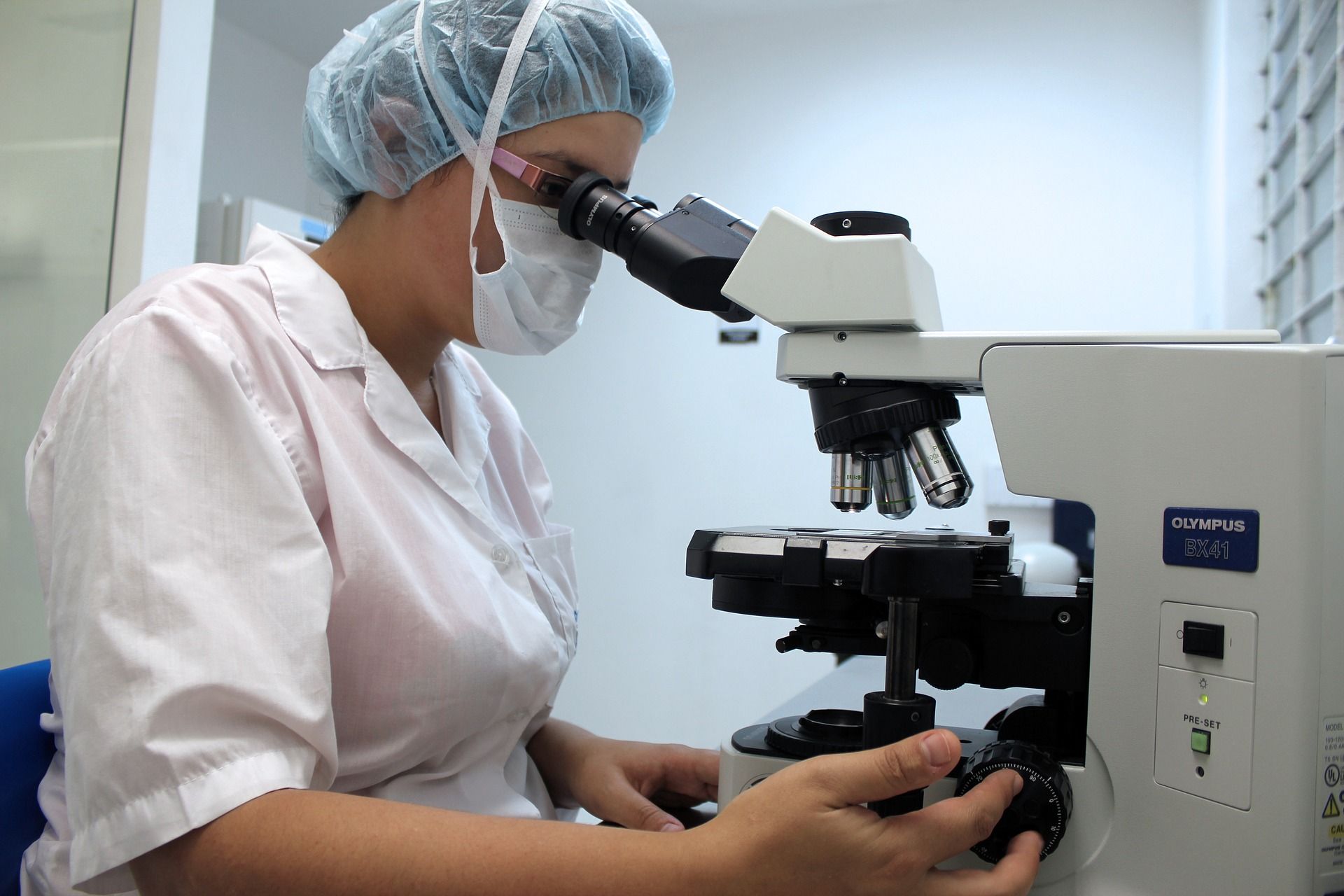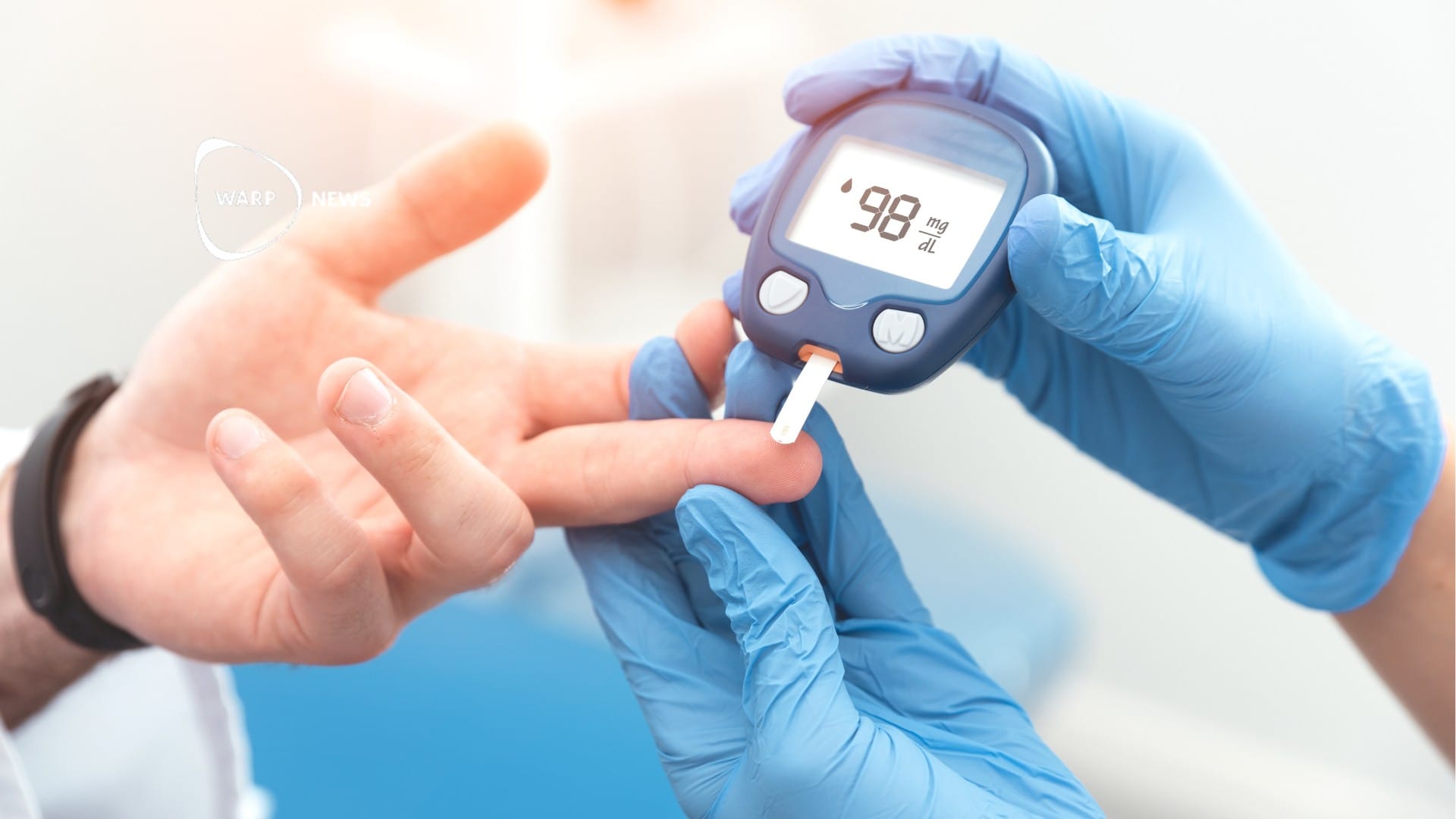
🔬Faster and more accurate Parkinson's diagnoses
A new method provides much more accurate Parkinson's diagnoses and may lead to new types of drugs against the disease in the future.
Share this story!
Parkinson's is a disease that can be difficult to diagnose in its early stages. A survey in the UK showed that 26 percent of those with Parkinson's were initially misdiagnosed. Many thus did not receive the treatment they needed and 34 percent of those who were misdiagnosed received treatment with a detrimental effect on their health.
In the future, it could be easier to make the correct diagnosis for those who have Parkinson's disease as researchers at the Oxford Parkinson's Disease Center have developed a new method of detecting the disease.
In short, the method involves detecting abnormal accumulations of protein found in certain nerve cells, so-called Lewy bodies. The new method is much more sensitive to these bodies, which increases the chance of detecting them and then being able to make a correct diagnosis.
The researchers tested the method on patients with Parkinson's and patients with other diseases who have similar symptoms. The result was that the method could make the correct diagnosis in 89 percent of those who had Parkinson's and in 96 percent of those who did not have the disease.
This is a much better way of diagnosing than today's diagnostic methods and the researchers will now proceed with larger clinical studies to develop the method further. The researchers also hope that previous diagnoses will make it possible to develop new drugs for Parkinson's when it becomes possible to use medication earlier than today.
By becoming a premium supporter, you help in the creation and sharing of fact-based optimistic news all over the world.


